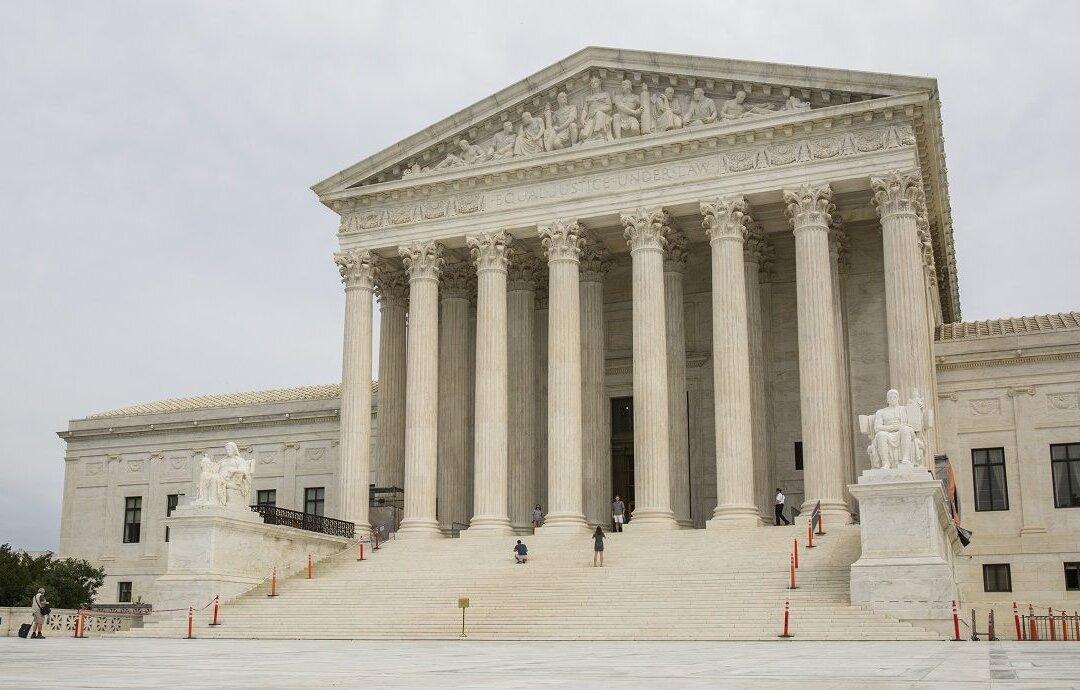Drugmaker Merck and Co. told the Supreme Court that a class-action lawsuit against it over top-selling osteoporosis drug Fosamax should be disallowed because the company informed regulators of potential adverse effects and was rebuffed.
Only eight of the court’s nine justices attended oral arguments on Jan. 7. Justice Ruth Bader Ginsburg, who turns 86 in March, is recovering at home after undergoing surgery for lung cancer on Dec. 21. She left a New York hospital on Christmas Day.





